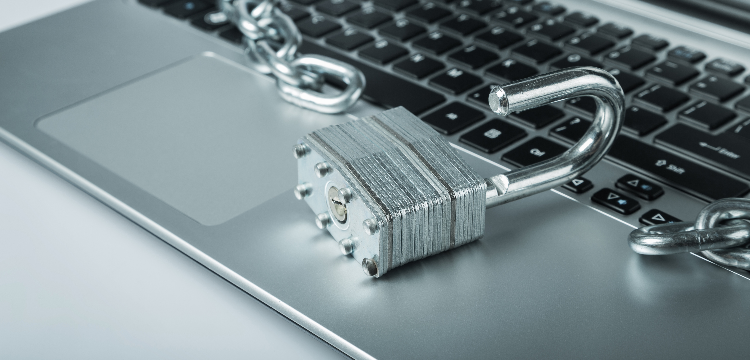
What to Do After a Data Breach
In September 2017, Equifax – one of the largest credit agencies in America – revealed it had been massively breached. Thousands of customers had their personal and financial information exposed, which means these customers were at risk for identity theft.
The country Ecuador also recently experienced a significant data breach as a result of an unsecure server holding similar information. The extent of this breach can be read in further detail here.
Any time a major breach like this happens, it is important to check whether it affected you. Many people who are affected don’t know right away. It’s important to make sure you understand what identity theft is, so you can keep yourself protected in the future.
Identity Theft
Identity theft is using someone’s identity for personal gain. Thieves do this by taking your personal information and may even forge ID documents. Thieves steal identities for a variety of reasons, but one common type is called financial identity theft. This involves stolen credit card numbers, bank account numbers, tax info, and other sensitive data.
A data breach leaks countless pieces of financial information. Because of this, you should definitely take action if you believe you’ve been affected. With your personal data, thieves can:
- Open accounts in your name.
- Steal money from your bank account.
- Charge their purchases to your credit card.
- Open credit cards or take out loans in your name.
- Use your insurance to get coverage on themselves.
- File a tax return in your name.
Check for Warning Signs
The first thing you should do is check to see if you may be affected. Try to contact the breached organization or check if they have setup a way for their customers to check. For example, Equifax setup a site just for this reason, https://www.equifaxsecurity2017.com. For any future incidents, you should check if there is anything like this setup as soon as you can.
The next thing you should do is check for common signs that someone is using your info. You should do this even if a breached company tells you that you’re not at risk. Here are a few examples:
- You have mysterious transactions in your bank account or on your credit card.
- There are unfamiliar accounts on your credit report.
- You aren’t getting certain mail, such as bills. Sometimes, identity thieves redirect or steal the victim’s mail.
- You are being billed for something you didn’t buy, such as medical services.
- Your credit score is dropping suddenly.
- You can’t get approved for a loan because you’re suddenly considered “not creditworthy.”
- Your checks are bouncing without explanation.
The bottom line: if you see any suspicious financial activity you can’t explain, you should investigate possible identity theft. If you don’t see anything suspicious, continue to keep an eye on your credit and bank accounts. Once a data breach happens, your identity may be stolen at any time afterward.
Take Action if Needed
If you believe you’ve been affected by a breach, you should take action as soon as possible! Here are a few things to can do to protect yourself.
Check Your Credit ReportsAs mentioned above, this is a good way to look for suspicious activity. It should be your first step to see if you’ll need to take further action. You can view your reports at https://www.annualcreditreport.com/ from the three major credit agencies: Equifax, Experian, and TransUnion.
Remember that you should only check your credit reports at the above site. Don’t trust any other sites that claim to let you view your reports for free. These sites are probably scams. After all, you already have a legal right to get a free credit report every year from each of the major agencies. The Annual Credit Report website is run by these agencies and should be the only place you get your reports from.
Shield YourselfIf you need to take further action, you have a few options for the second step.
You may consider freezing your credit. Doing so prevents anyone from opening new accounts in your name. Identity thieves may use your information to do things like opening a new credit card or taking out a loan in your name. Freezing your credit ensures that they can’t do anything undetected.
However, freezing your credit doesn’t protect you completely. Thieves may still use your current accounts, so be sure to keep an eye on them. Also, this option isn’t the best idea if you’re shopping for an apartment, house, car, or something else that requires a loan. It prevents legitimate accounts, too.
You can also place a fraud alert on your files. According to the Federal Trade Commission, this is a way of letting creditors know someone may have stolen your identity.1 It tells them to make sure someone taking out credit in your name is really you before offering them credit.
File Taxes EarlyFinally, think about filing your taxes early, as soon as you have the info you need. Tax identity theft is a real thing. Thieves who files taxes in your name can get your refund.
If you are sure your information was stolen, it’s best to file before a thief has a chance. This doesn’t prevent thieves from filing another return. However, it ensures the first return you file is legitimate.
Next Steps
For additional information about how to protect your online information in case there is a data breach, visit security.org's guide Securing Confidential Personal Data Both Online and Offline.
For more info on identity theft and how to recover from it, check out https://identitytheft.gov/.